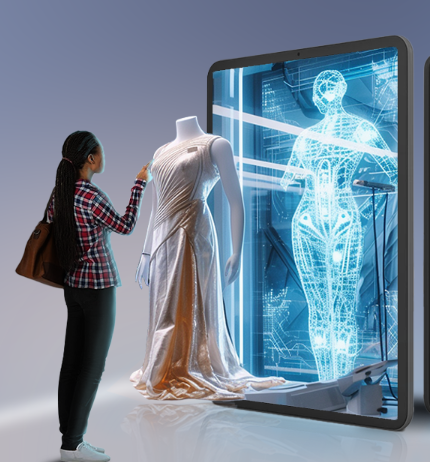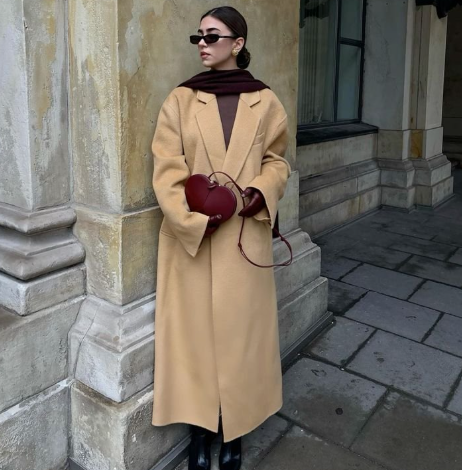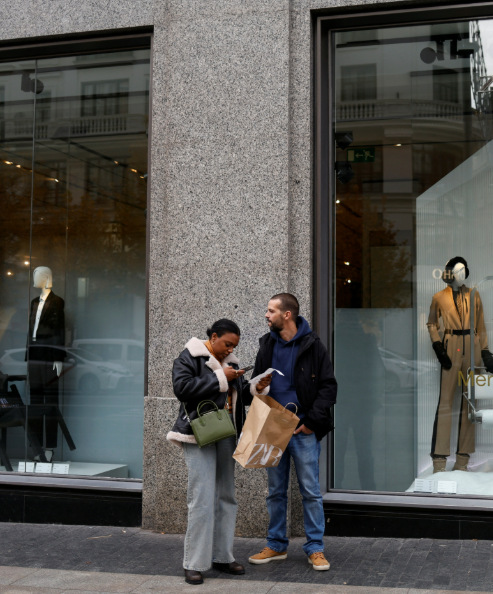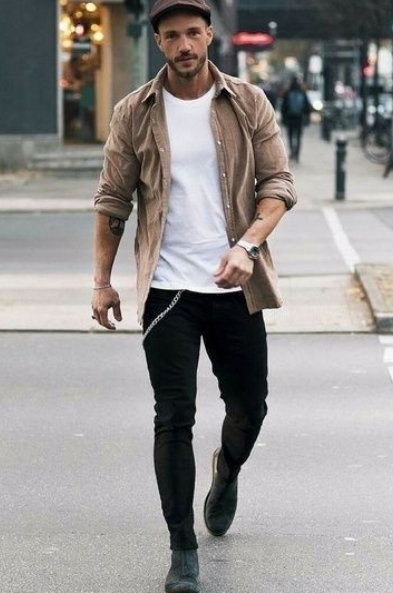How AI is Revolutionizing Fashion: Personalization, Sustainability, and Design Innovation

Artificial Intelligence (AI) is transforming numerous industries, and fashion is one of the latest sectors to experience a significant shift. From personalized shopping experiences to sustainability efforts, AI is reshaping how we approach clothing, style, and even the way we consume fashion. The advancements in AI are not only enhancing the shopping experience but are also driving the future of design and sustainability.
A Tailored Shopping Experience
Picture a shopping experience where your favorite online store knows exactly what you like, your preferred size, and the materials that suit your taste. This vision is becoming a reality, thanks to AI. By analyzing consumer data, including body measurements, purchase history, and browsing habits, AI-powered platforms are offering hyper-personalized recommendations. Retail giants like Amazon and ASOS are already implementing AI systems that suggest items based on what you might love, even before you start looking. This not only saves time but also helps retailers improve sales and reduce return rates, all while making the shopping process smoother for customers.
Virtual Try-Ons and Accurate Fit
One of the biggest hurdles in online shopping has always been the inability to try on clothes before buying. Fortunately, AI-driven virtual try-on technology is changing that. Brands like Sephora and Gucci are incorporating augmented reality (AR) to enable customers to virtually try on products and see how they would look in real life. The technology considers factors like body size, skin tone, and style preferences, offering a truly personalized experience.
Additionally, AI is improving the accuracy of clothing sizes. Companies like Levi’s use AI to analyze body shapes and recommend the best fit, reducing the common issue of poorly fitting clothes. As AI technology advances, it could lead to a more individualized approach to clothing, allowing for made-to-measure options that cater specifically to each person’s body type and fashion tastes.
Promoting Sustainability in Fashion
The fashion industry has long been criticized for its negative impact on the environment, including waste, excessive water use, and the carbon footprint of mass production. However, AI is playing a crucial role in making the industry more sustainable. With the help of AI tools, brands can better predict demand and only produce items that are likely to sell, significantly reducing overproduction and waste. Furthermore, AI can identify the most sustainable materials and efficient manufacturing practices, helping to lower the environmental footprint of each garment.
AI is also contributing to recycling and upcycling efforts in the fashion world. Platforms powered by AI can sort through discarded clothing, identify fabric compositions, and guide the process of reusing or recycling garments. As the fashion industry shifts towards a circular model—where clothes are resold, rented, or recycled instead of thrown away—AI is helping to create more sustainable consumption patterns.
Making Fashion More Accessible
AI is not only shaping fashion for the masses but is also making it more accessible to individuals with specific needs. Adaptive clothing, designed for people with disabilities, is being enhanced through AI. With more precise body measurements and mobility needs, AI can suggest customized clothing adjustments, ensuring a better fit and greater comfort. Additionally, AI-driven platforms offer voice-based shopping assistance, image recognition for visually impaired customers, and enhanced translation features for international shoppers, making fashion more inclusive for everyone.
AI and Trend Forecasting
Fashion is constantly evolving, and staying ahead of trends is crucial for designers and retailers. AI is changing how trends are forecasted. Traditionally, this required extensive research and intuition, but now AI can scan social media, runway shows, and e-commerce data to quickly identify emerging trends. By analyzing these vast data sources, AI can predict the colors, styles, and fabrics that will dominate the fashion scene in the coming seasons.
Moreover, AI is beginning to play a role in the creation of new trends. By analyzing consumer behavior and past successful designs, AI can propose new clothing concepts that resonate with current tastes. Major brands like H&M and Tommy Hilfiger are experimenting with AI to create collections that blend human creativity with machine-generated suggestions. AI helps designers explore new color schemes, patterns, and combinations, expanding creative possibilities and fueling innovation.
The Future of AI in Fashion
While AI is making waves in the fashion industry, challenges remain. Privacy concerns about the collection of personal data for personalized shopping experiences are an ongoing issue, and some question the extent to which AI will impact the role of human creativity in design. Despite these concerns, the advantages of AI in fashion seem clear: it can make the industry more sustainable, inclusive, and efficient.
As AI technology continues to evolve, we can expect even more groundbreaking changes in how we interact with fashion. Whether through personalized shopping, clothing that fits perfectly, or more sustainable practices, AI is shaping a future where fashion is not only innovative but also more tailored to the needs and preferences of every individual. The future of fashion is undoubtedly in the hands of AI, and it promises to be more personalized, sustainable, and accessible than ever before.





